Keywords: Sisters Of St Joseph
-
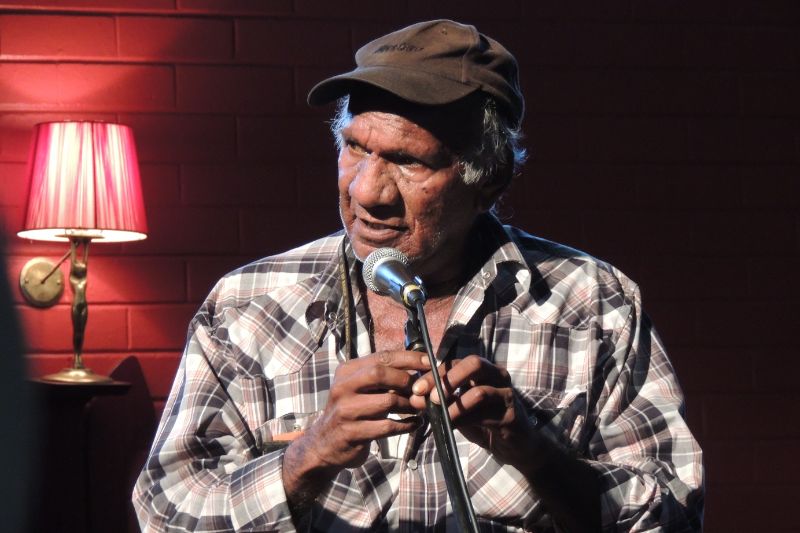
ENVIRONMENT
- Michele Madigan
- 18 April 2024
7 Comments
An Arabunna man, Uncle Kevin Buzzacott devoted himself to the protection of that delicate, glorious country of north eastern South Australia with its Great Artesian Basin’s ancient waters threatened by the succession of powerful mining companies operating Roxby’s Olympic Dam.
READ MORE
-
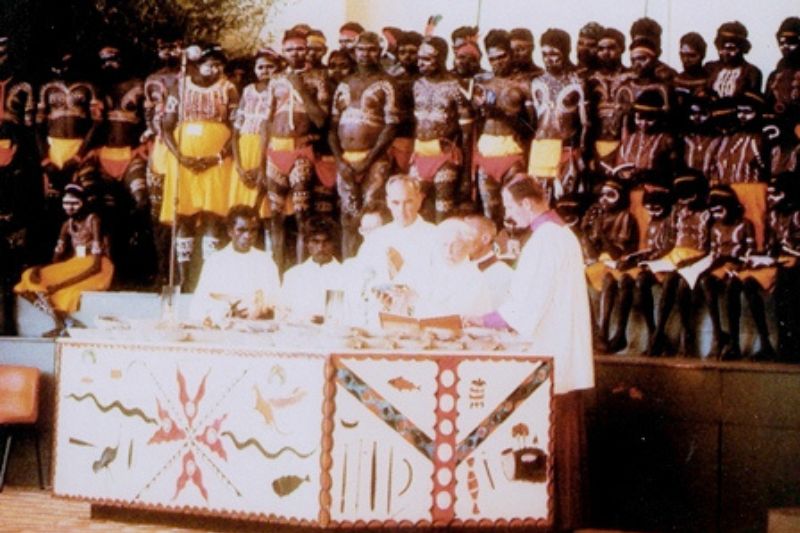
RELIGION
- Brian McCoy
- 11 January 2024
Fifty years ago, the Aboriginal Liturgy was the first attempt by the Catholic Church in Australia to re-shape the Mass, and was the first time we had witnessed and experienced Aboriginal people expressing their Catholic faith in ways that were culturally different from our own.
READ MORE
-
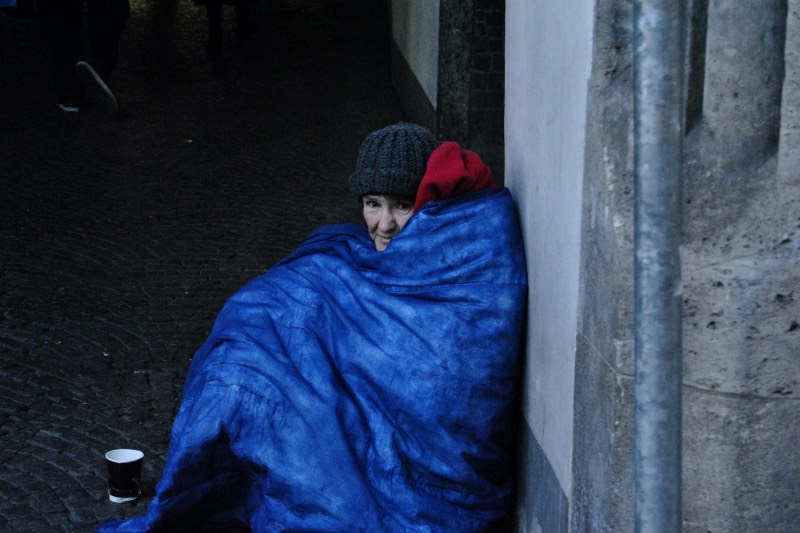
AUSTRALIA
- Michele Madigan
- 13 May 2021
9 Comments
A state government has an obligation to do what is possible within the limits of state resources to help its people, to make the state an inclusive place where all have access to essential services and housing. However, over the last few weeks, with the announcement of the funding restructure for homelessness services, this idea of a fair go seems to have dissipated.
READ MORE 
-

ARTS AND CULTURE
- Tracey Edstein
- 02 May 2019
3 Comments
I asked Les then what he anticipated at the end of what was for him a very earthed life. Les was phlegmatic — he imagined a reunion with his parents (his mother died when he was 12) but was content to 'wait and see ... we are on certain post-mortem promises after all'.
READ MORE 
-

RELIGION
- Frank Brennan
- 26 June 2017
6 Comments
Here in Ballarat, you know better than most other Catholics that respectful relationships in the church community have been rent asunder by the depredations of child sex offenders whose exploits went unchecked by those ordained to exercise tradition, authority, teaching and discipline. We will strengthen respectful relationships only with a voluntary commitment to truth, justice and healing — and not one forced by a royal commission or public odour.
READ MORE
-

RELIGION
- Frank Brennan
- 17 May 2017
As the Church of 2030, we need to be more attentive to the contemplation of believers and our experience of spiritual realities, as well as the preaching of the church. Pope Francis has no time whatever for the notion of the Church as a perfect society. But, there is no way that Francis wants to abandon the ideals and the commitment to truth and justice so well exemplified by his predecessors John Paul II and Benedict.
READ MORE
-
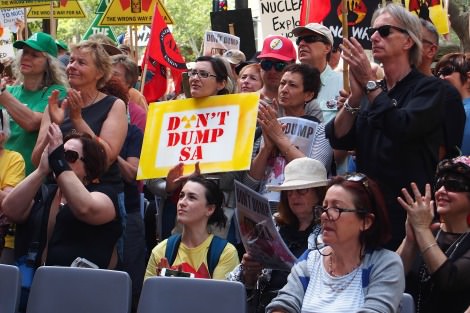
ENVIRONMENT
- Michele Madigan
- 13 February 2017
9 Comments
'It will be your artists: the poets, painters, actors, dancers, musicians, orators - they will be the ones to lead the changes.' It was one of the many international invited guests, a Maori woman speaker, who made this prediction to the huge 40,000 strong crowd that marched to Hyde Park, Sydney, on 26 January 1988. In South Australia almost 30 years later, this prophecy continues to unfold in the high-stakes battle for country that surrounds the proposed nuclear waste dump.
READ MORE 
-
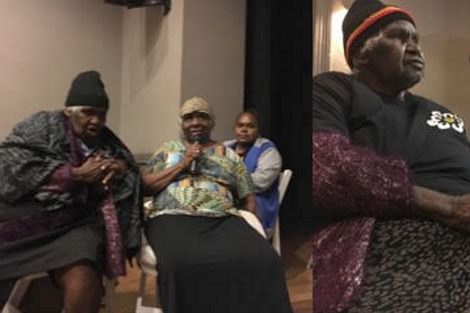
ENVIRONMENT
- Michele Madigan
- 23 September 2016
13 Comments
On Saturday 3 September, in Port Augusta, Yankunyjatjara Elder Edie Nyimpula King was keeping up the struggle, singing again the Seven Sisters inma, strong in its demands for a clean country and protection for the future generations. Its cry: Irati Wanti ... leave the poison! Have nothing to do with it! No radioactive waste dump in our country! But why is such responsibility for country and the health of its people forever so hard? Why is the destruction of country forever allowed to be normalised?
READ MORE 
-

AUSTRALIA
- Brian Matthews
- 11 December 2015
3 Comments
Interviewed before the screening of Hitting Home, her program on domestic violence, Sarah Ferguson pointed out that the statistics had scarcely altered in a couple of decades. How far back into our history does this dismal phenomenon reach? 'We could quickly fill the largest building in Sydney with women and children who now, for the sake of food and shelter, but more for the sake of what is called their "good name", are bearing blows, insults, servitude and degradation,' wrote Louisa Lawson in 1889.
READ MORE 
-

AUSTRALIA
- Frank Brennan
- 23 October 2015
4 Comments
Francis knows there are all sorts of issues inside and outside the Church where for too long people with power have tried to keep the lid on, in the hope that the problems and complexities will go away, often by parodying those who see the problems or complexities as small 'l' liberals or cafeteria Catholics. He delights in being joyful and troubled while contemplating big problems, calling people of good will to the table of deliberation reminding them of the kernel of the Christian gospels. He has the faith and hope needed to lift the lid without fear and without knowing the answers prior to the dialogue occurring.
READ MORE
-

- Frank Brennan
- 01 September 2015
1 Comment
If you want to form government in Australia and if you want to lead the Australian people to be more generous, making more places available for refugees to resettle permanently in Australia, you first have to stop the boats. If you want to restore some equity to the means of choosing only some tens of thousands of refugees per annum for permanent residence in Australia from the tens of millions of people displaced in the world, you need to secure the borders. The untrendy truth is that not all asylum seekers have the right to enter Australia but that those who are in direct flight from persecution whether that be in Sri Lanka or Indonesia do, and that it is possible fairly readily (and even on the high seas) to draw a distinction between those in direct flight and those engaged in secondary movement understandably dissatisfied with the level of protection and the transparency of processing in transit countries such as Malaysia and Indonesia. The popular evil is that political
READ MORE
-
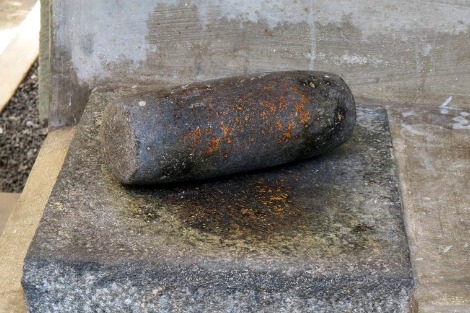
AUSTRALIA
- Bernard Appassamy
- 12 November 2014
19 Comments
Families, like mine, that are born from migration are reborn punctually through the scent of their cuisine. It's the 1970s and a grinding rhythm from the garden is audible through my window. Leaning over the ros kari, Jessie, our family cook, is crushing spices for the evening curry. With her two hands, she holds flat a cylindrical stone, the baba, and rolls it with her wrists back and forth, on its large rectangular base.
READ MORE 